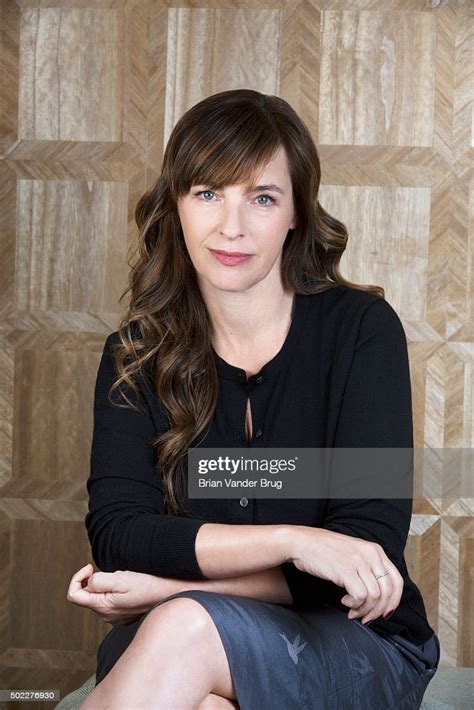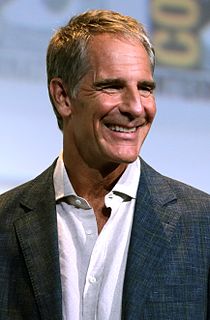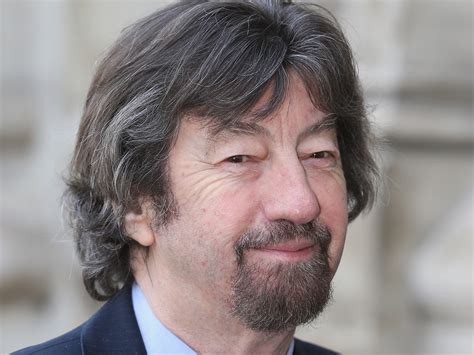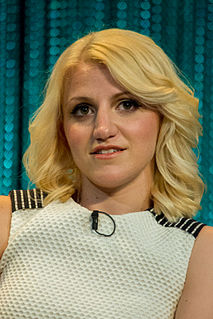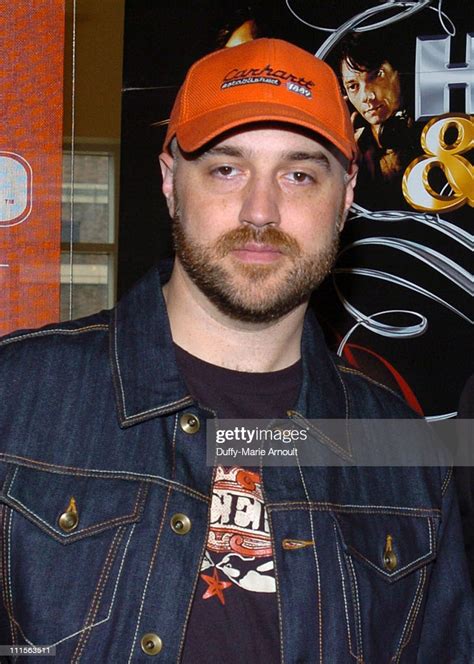A Quote by Oliver Stone
I think any filmmaker will tell you when they wandered from theater to theater to watch their prints, it was disheartening to see the poor levels of light and the disrespect for films that existed in certain theater chains. It was always inconsistent.
Related Quotes
I think any filmmaker will tell you when they wandered from theater to theater to watch their prints, it was disheartening to see the poor levels of light and the disrespect for films that existed in certain theater chains. It was always inconsistent. And in the lab, too, the photochemical process was very difficult to watch, because sometimes they were shipping prints that you didn't even know were two points off or three points off. We suffered greatly to make these films, and they'd be out-of-focus, with the sound too low.
I think film is a world of directors. Theater is a world of actors. Or, theater is for actors as cinema is for directors. I started in theater. Filming is as complete as directing film. In theater, you are there, you have a character, you have a play, you have a light, you have a set, you have an audience, and you're in control, and every night is different depending on you and the relationship with the other actors. It's as simple as that. So, you are given all the tools.
Plays have a celebratory nature that no other form has. Theater always meant celebration, a birthday, a reward for good grades. I felt at home in a theater. I loved being part of an audience. All the rules - the audience has to see the play on a certain date at a certain time in a certain place in a certain seat.
The condition of the theater is always an accurate measure of the cultural health of a nation. A play always exists in the present tense (if it is a valuable one), and its music -- its special noise -- is always contemporary. The most valuable function of the theater as an art form is to tell us who we are, and the health of the theater is determined by how much of that we want to know.
It's a certain kind of human compact that obviously you lose as soon as there is a screen and a camera there, so I think we'll always have theater. I think theater will always be a powerful force because we need that human touch, particularly as we spend more and more time with machines, cell phones, computers we start to lose our humanity.

